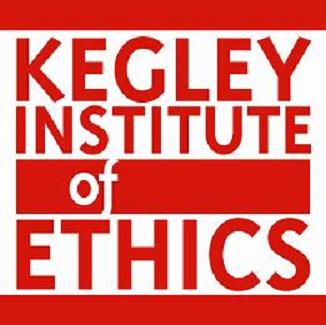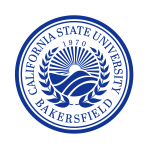Incorporating Engineering Ethics in the Electrical and Computer Engineering Classroom
 Submitted by KIE 2021-22 Faculty Fellow, Dr. Amin Malekmohammadi
Submitted by KIE 2021-22 Faculty Fellow, Dr. Amin Malekmohammadi
Computer and Electrical engineers across the world are designing and creating many technological systems affecting billions of people. This power to change the world comes with ethical obligations.
The costs of unethical behavior are varied and numerous. In addition to a poor reputation, these costs can include reduced customer loyalty and subsequent revenue loss, heavy fines, probation, criminal or civil prosecution, and the loss of needed employee talent [1]
According to the National Society of Professional Engineers, “Engineers must perform under a standard of professional behavior that requires adherence to the highest principles of ethical conduct.” [2] Other professional organizations are also using the same concept for articulating the importance of engineering ethics. For example, the Institute of Electrical and Electronic Engineering (IEEE), the world largest professional technical organization with more than 400,000 members writes in its engineering ethics code “We, the members of the IEEE, in recognition of the importance of our technologies in affecting the quality of life throughout the world, and in accepting a personal obligation to our profession, its members and the communities we serve, do hereby commit ourselves to the highest ethical and professional conduct and agree to uphold the highest standards of integrity, responsible behavior, and ethical conduct in professional activities”. [3]
Under ordinary circumstances, it is uncontroversial to maintain a code of ethics. Engineers shall not steal ideas; expose the safety, health and welfare of the public; break the law; or perform acts that are widely considered to be unethical in other ways [4]. However, engineers sometimes face ethical issues that are remarkably complicated and cannot be easily resolved by applying straightforward, common sense rules. For example, there is a fine line between protection of creativity and creation of a monopolistic market in the highly technical industry today. Patents are intended to protect people who invent new things, so they will profit from their designs and have incentive to innovate more. Some companies seem to sue all their competitors in an effort to eliminate them. It seems hard to say whether the lawsuits stem from righteous indignation or are merely a predatory business tactic.
In my Kegley Institute of Ethics Fellowship project, I introduced some of the most complex ethical issues faced by Electrical and Computer Engineers in one of my Electrical and Computer Engineering (ECE) courses (ECE 2628-Introduction to Engineering II). Some of the case studies discussed in my class were classical cases that have great effect on restructuring the codes of ethics. Others are originated from engineer ethics textbooks.
My desire is to present engineering ethics in a way that enables students to participate in a group discussion, conduct and present research about a selected ethical issue, and articulate their own moral outlook at the same time as they become familiar with engineering codes of ethics.
Through the support of the Kegley Institute of Ethics, I aim to continue to introduce some of the most complex ethical issues faced by engineers to my 3rdand 4thyear students by incorporating Engineering Ethics to all high-level engineering courses.
References:
- [1] Lumen, principle of management, module 13, Ethics in business
- [2] National Society of Professional Engineers , https://www.nspe.org/resources/
- [3] https://www.ieee.org/about/corporate/governance/p7-8.html
- [4] Martin Peterson, Ethics for Engineers, Oxford university press,2020





